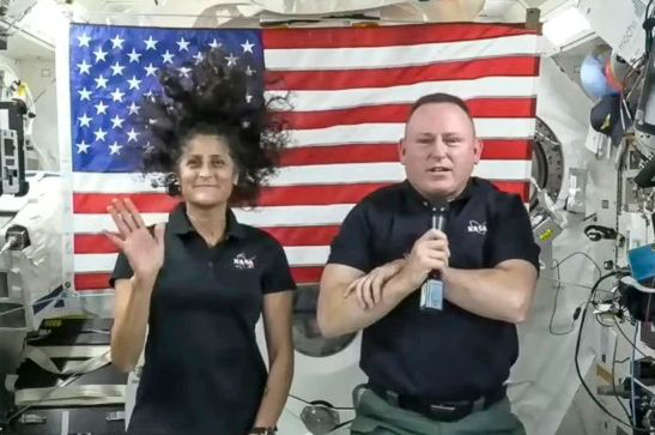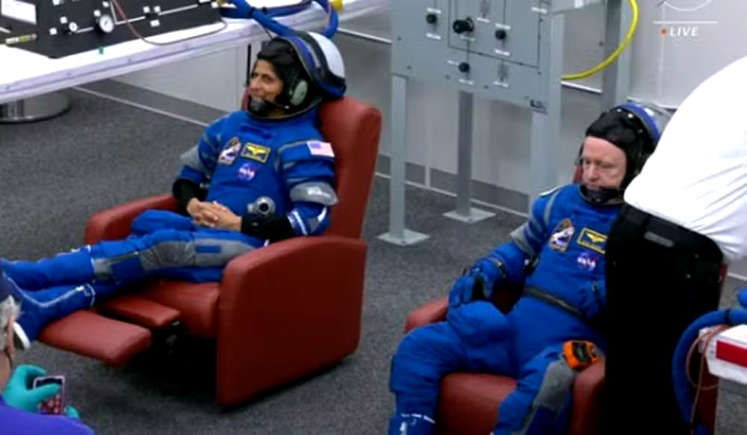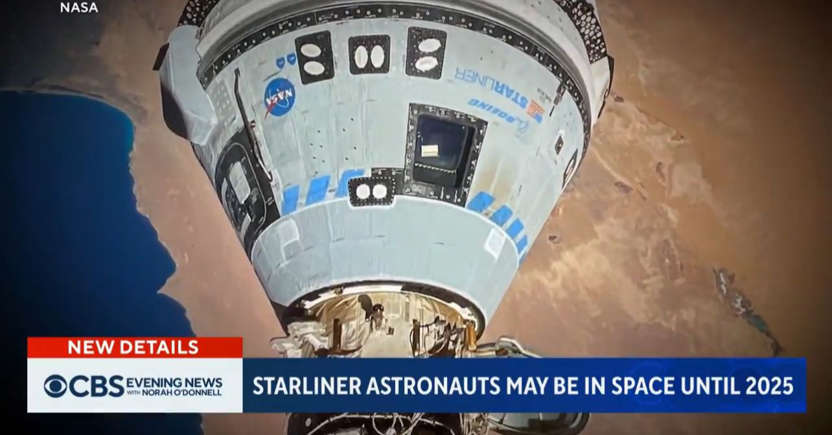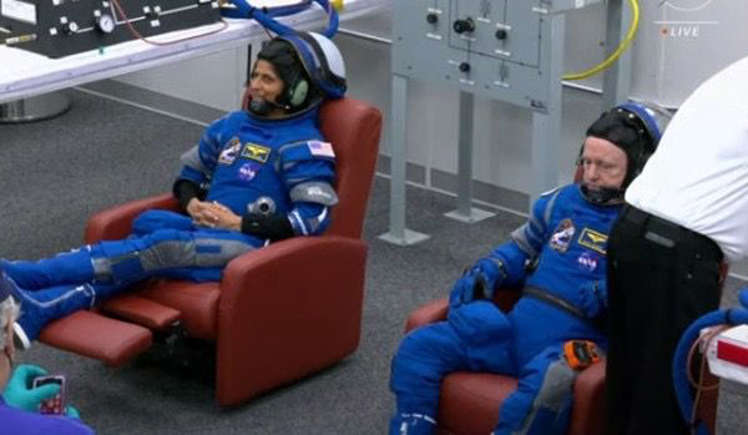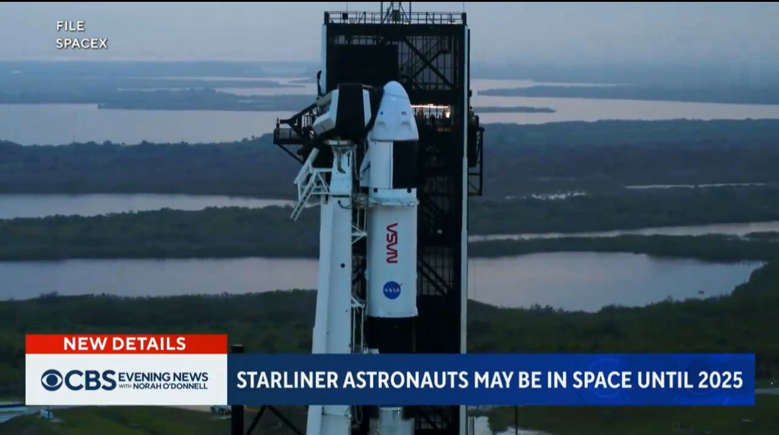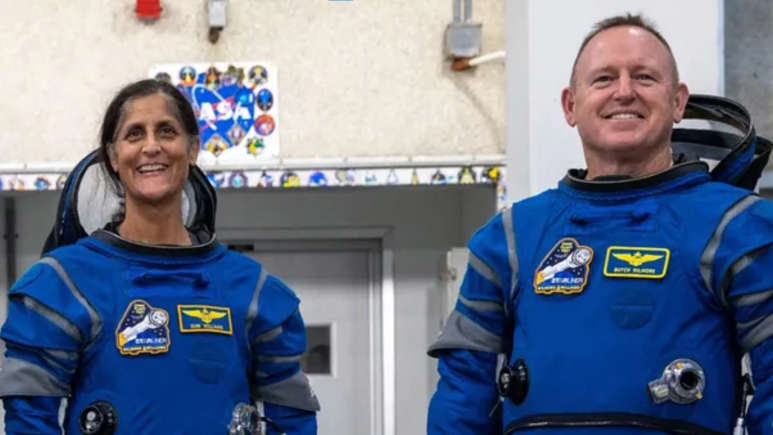On the ISS, there is a gym where astronauts exercise for about 90 minutes a day to minimize the negative effects of weightlessness. Even so, health tends to be impacted, but most symptoms reverse after returning to Earth.
Astronauts Butch Wilmore and Suni Williams are currently on the International Space Station (ISS), where they will remain until February 2025, after a helium leak on the Boeing Starliner spacecraft. They are about 320 km from Earth and may need to recycle their urine during their time on the station.
++ Netflix latest hit series that will make you smarter
In an interview with the British newspaper The Mirror, astronaut Meganne Christians, from the European Space Agency, commented on the adverse conditions that Wilmore and Williams will face. They will not have access to showers, will need to use recycled urine for consumption and will be exposed to radiation. Meganne explained that they were both prepared for a long-duration mission and that space always presents challenges.
Meganne, who has lived in remote locations such as the Antarctic research station known as White Mars, stressed the need to reuse and recycle as much as possible. She described how recycled water, although initially repulsive, is purified in the process. The lack of adequate hygiene facilities will also be a challenge, forcing astronauts to use damp towels to wash themselves and change their clothes only once a week.
++ Girl with SMA type 2 improves after using the most expensive medicine in the world
Another issue is radiation exposure, which, despite the ISS’s shields, still poses a significant health risk to astronauts. In addition, a lack of sufficient physical activity can harm their health over time. Meganne mentioned that weightlessness affects muscles, including the heart, which can lead to a loss of bone density and other health problems.
On the ISS, there is a gym where astronauts exercise for about 90 minutes a day to minimize the negative effects of weightlessness. Even so, health tends to be impacted, but most symptoms reverse after returning to Earth.
Finally, bodily waste is treated in a special way on board the ISS, with suction devices that prevent urine and feces from floating in the environment.

